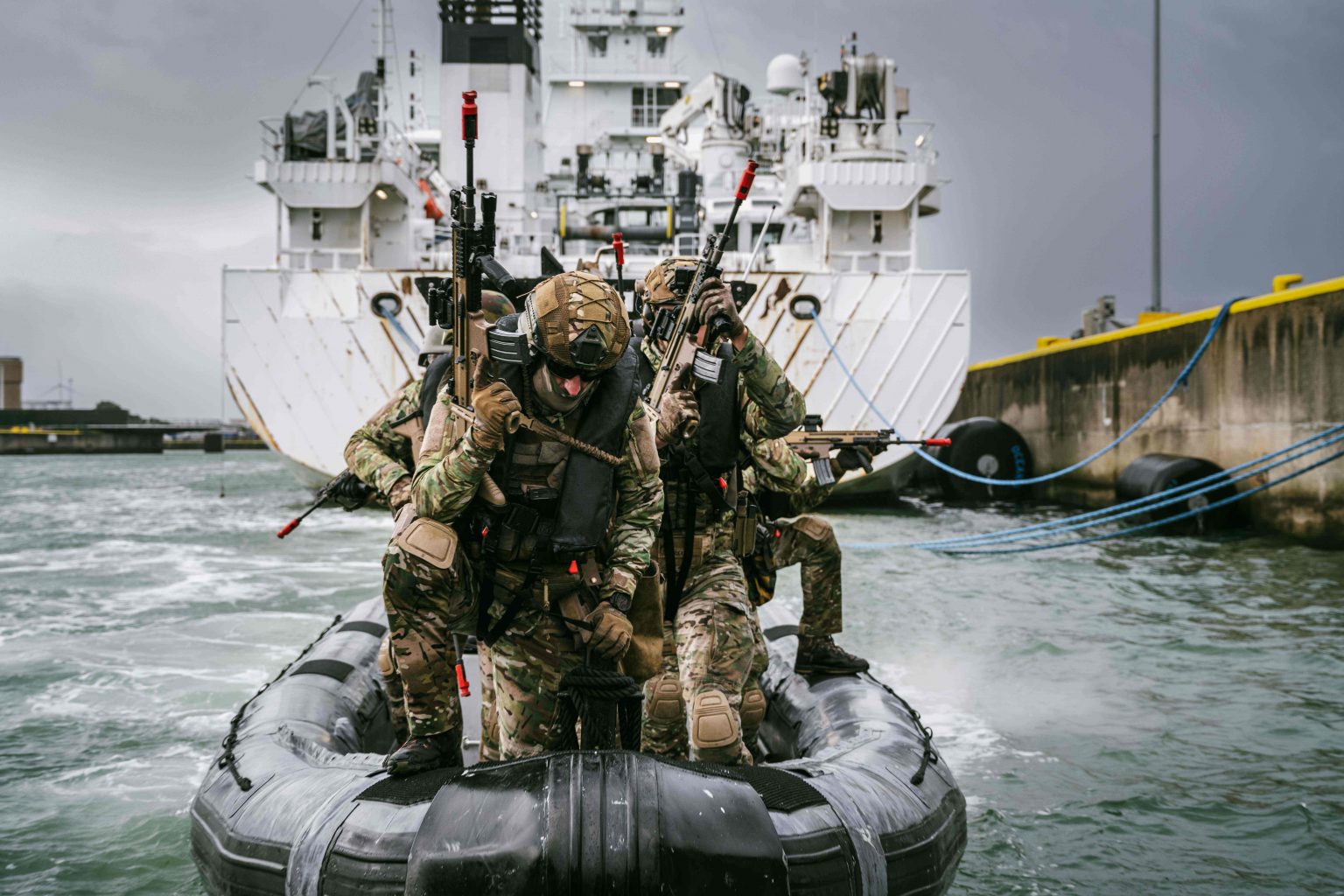On 18th July, Steven Lauwereys, Chief Strategy and Policy Officer at Royal Higher Institute for Defence, released Belgium’s 2025 defence goals. The first of three objectives is preparation for a large-scale conflict by strengthening the deployment and readiness of their troops. This will also help support NATO defence in the event of a Russian invasion.
The second goal mentioned in the document is the protection of Belgium’s national territory. The Ministry of Defence is working on improving security, reducing response and assistance times in the event of a crisis. A medical hub will be built at the Neder-Over-Heembeek military hospital.
Thirdly, following how combat changes on the battlefield by investing in modern technologies and learning new techniques, primarily drones and drone warfare. Belgium has already begun investing in electronic warfare, AI, and military space systems; as well as buying modern technology and vehicles such as:
Multi-layered air defence systems:Pioruns20 SkyrangersTen NASAMSThree long-range and anti-ballistic systems11 F-35sThird frigate and logistics support ship1,500 combat vehicles:3,680 logistics vehiclesTwo large MQ-9B armed reconnaissance dronesFour search and rescue helicopters11 transport helicoptersHow is Belgium strengthening their defence force?
Belgium’s main objective is to always be ready for anything by keeping up with modern technology and increasing military manpower. The country is trying to develop an “operational reserve” by admitting 1000 young volunteers for military service every year. Belgium hopes to increase its Defence Force manpower to have 34,500 military personnel, 12,800 reservists, and 8,500 civilians by 2035.
The country also wants to keep its population informed about security issues they are facing and what is being done to fix them. Belgium is making jobs in the military more attractive by enabling employees to work in modern and secure facilities across the country.
Belgium is also making other advancements to benefit its military strength, such as supporting defence-related research and technologies and updating the legal framework laws and regulations to support and facilitate work.
